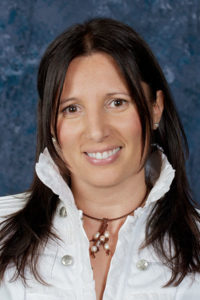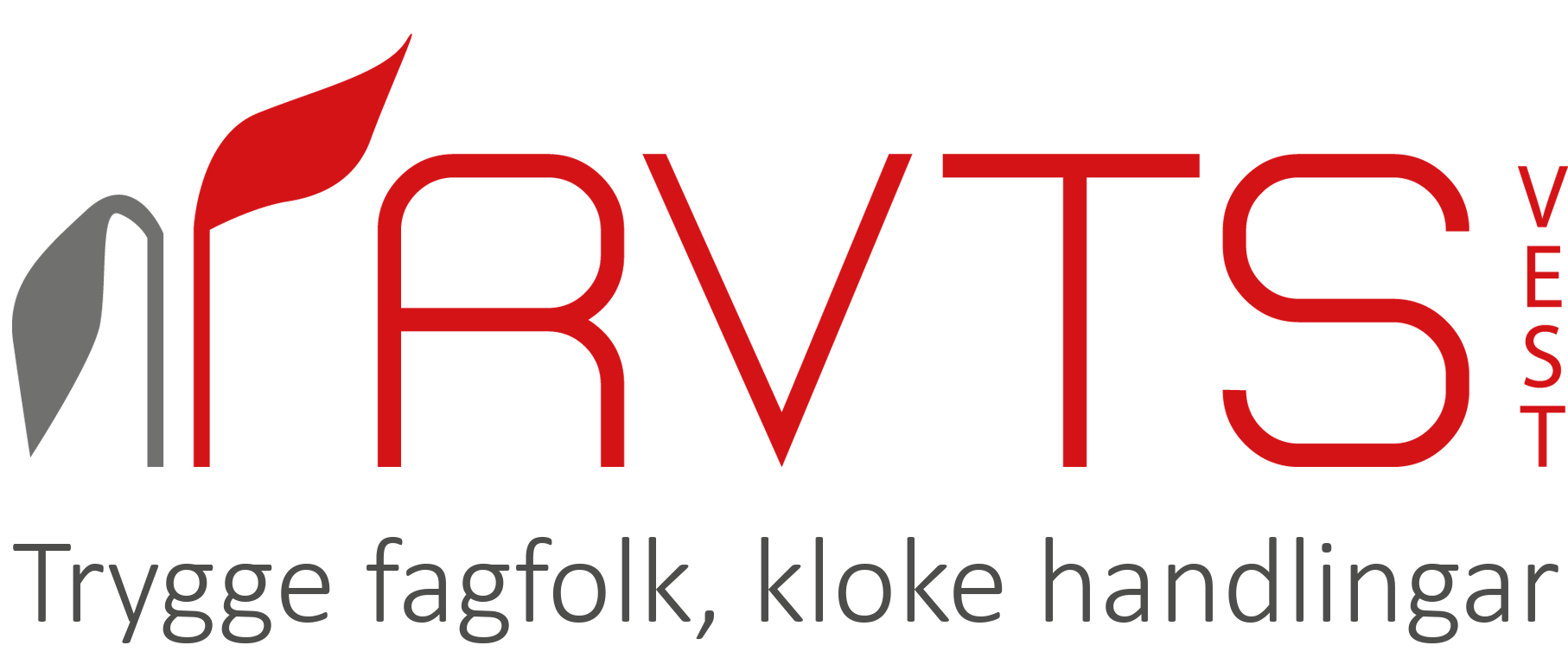
Sensorimotorisk psykoterapi nivå 1
I samarbeid med Sensorimotor Psychotherapy Institute inviterer Solli DPS og RVTS Vest til videreutdanning i behandling av traumelidelser.
Om videreutdanningen
Forskning viser at
Traumer og tidlige tilknytningserfaringer setter dype kroppslige spor. Tradisjonell psykoterapi retter seg mot kognitive og emosjonelle sider av slike erfaringer, mens fokus for denne utdanningen er hvordan du kan inkludere kroppen i traumeterapi. Sensorimotorisk Psykoterapi bygger på en psykodynamisk grunnforståelse og integrerer også elementer fra kognitiv atferdsterapi, nyere nevrovitenskap og tilknytnings- og dissosiasjons teori. Mindfulness er sentralt i tilnærmingen.
Terapeutisk arbeid med dysregulert affekt, forsvarsresponser og traumeminner
Du vil gjennom enkle, kroppsorienterte intervensjoner lære hvordan en kan «lese» og «oversette» kroppens uttrykk, utforske traumerelatert aktivering på en trygg måte, bygge opp ressurser og gjenopprette kroppslig selvfølelse. En lærer også å arbeide med brutte forsvarsresponser, forstyrrelser i kognitiv og emosjonell bearbeiding, og den fragmenterte selvopplevelsen mange traumatiserte erfarer.
Læringsmål
Samling 1: Introduction to Sensorimotor Psychotherapy
- Describe effects of trauma on autonomic arousal and on the body
- Describe bottom-up vs. top-down experience
- Track somatic indicators of unresolved trauma
- Utilize mindfulness techniques
- Utilize contact statements for increasing mindfulness and attunement
- Describe two types of self-regulation
- Identify the core organizers of experience
- Define ‘phase-oriented treatment’
- Describe the stages of the process of a session
- Utilize mindful accessing questions and statements
Samling 2: Somatic Resources for Stabilization
- Describe purpose of “resourcing” in trauma treatment
- Demonstrate somatic resources of grounding, centering, containing, and alignment
- Embody experiences of mastery
- Describe the orienting response
- Describe active defenses versus passive
- Discuss how orienting and defensive responses are affected by traumatic experience
- Identify somatic markers of truncated or incomplete defensive responses
- Describe sensorimotor interventions to reorganize defensive responses
- Define trauma-related boundary styles
- Utilize boundary skills in treatment
Samling 3: Memory Processing: Sensorimotor Sequencing
- Define voluntary, involuntary, preparatory and micro-movement
- Define state-specific processing
- Describe how dysregulated autonomic arousal affects processing of traumatic memory
- Define ‘sensorimotor sequencing’
- Describe how autonomic arousal can be regulated during sequencing
- Discuss the use of “framing” in memory processing
- Identify differences between involuntary and voluntary reorganization of defensive responses
- Describe the role of memory processing in facilitating “acts of triumph”
- Identify trauma-related retractions of consciousness
- Describe Structural Dissociation model
Samling 4: Integration and Resolution
- Identify the goals of Phase III trauma treatment
- Describe differences between authentic and habitual emotional expression
- Describe cognitive processing in sensorimotor psychotherapy
- Identify how to use the technique of ‘stitching’ to work with the organization of experience
- Discuss the role of and potential pitfalls of using touch in psychotherapies for trauma
- Describe the phobia of pleasure and techniques with which to address it
- Identify attachment patterns associated with early traumatic experience
- Describe how attachment patterns affect both self-regulation and body structure
- Identify characteristic cognitive schemas related to the different attachment styles
- Differentiate treatment of developmental issues vs. traumatic responses
Les mer på sensorimotorpsychotherapy.org
Praktisk
Undervisningsform
Forelesning, praktiske øvelser, videoeksempler,
manual/arbeidsbok og litteratur. Studiegrupper mellom samlingene.
Varighet
4 samlinger á 3 dager over ca 80 timer.
Målgruppe
Psykologer, leger eller 3-årig helse- og sosialfaglig høyskoleutdanning med relevant klinisk praksis eller videreutdanning.
Dato for samlinger:
1. 18. – 20. september, 2018
2. 13. – 15. november, 2018
3. 08. – 10. januar, 2019
4. 12. – 14. mars, 2019
Sted: Solli DPS, Osvegen 15, 5228 Nesttun
Kursavgift
Totalt Kr 22.000, – (Kr. ,- 1.830 pr. dag)
Inkluderer lunsj, kaffe/te, kompendium og tilgang til videomaterialet fra sensorimotorisk institutt.
Søknad
Kurset er fullt.
Vi har lagt ut venteliste:
Venteliste
Etter godkjenning blir deltakerne bedt om å betale inn kr 6000 av kursavgiften som bindende påmelding.
Resterende kursavgift betales inn i etterkant av hver samling, pålydende kr 4000 hver gang. Merk at påmeldingen er bindende for hele videreutdanningen.
Søknadsfrist
Ny dato: 1. juli 2018, eller når det er fullt.
Søkes godkjent i aktuelle fagforbund.
Ved faglige spørsmål ta kontakt med psykologspesialist Sylvi Fiskerstrand, sylvi.fiskerstrand@helse-bergen.no (RVTS Vest) eller spesialist i psykomotorisk fysioterapi, Bente Aa. Gjestad, bente.aarskog.gjestad@solli.no (Solli DPS).
Invitasjon i PDF til SPI nivå 1
Forelesere
 Esther Perez, MA, LMFT, has a background in dance and movement, obtained her Master’s in psychology at USM, and is trained in trauma-focused cognitive-behavioral therapy. She has guest lectured at USC and presented at various clinics on child mental health issues and therapeutic modalities. Esther specializes in working with neglected, traumatized, and severely emotionally disturbed children and their families. In her private practice in Malaga, Spain, she provides psychotherapy services to adolescents and young adults dealing with eating disorders as well as issues of attachment and trauma. Esther teaches in Europe, the United States, and Australia as a faculty member of Sensorimotor Psychotherapy Institute® (SPI).
Esther Perez, MA, LMFT, has a background in dance and movement, obtained her Master’s in psychology at USM, and is trained in trauma-focused cognitive-behavioral therapy. She has guest lectured at USC and presented at various clinics on child mental health issues and therapeutic modalities. Esther specializes in working with neglected, traumatized, and severely emotionally disturbed children and their families. In her private practice in Malaga, Spain, she provides psychotherapy services to adolescents and young adults dealing with eating disorders as well as issues of attachment and trauma. Esther teaches in Europe, the United States, and Australia as a faculty member of Sensorimotor Psychotherapy Institute® (SPI).
 Tony Buckley, holds a BA with honors in counselling, a Certificate of Education, Diploma in Gestalt Therapy, and a Certificate in Advanced Studies Supervision. He has over twenty-four years’ experience in private practice, supervision, and management of counselling services, as well as twelve years’ experience in adolescent counselling. Tony integrates somatic psychology for the treatment of trauma in the workplace, offers stress and resilience training to UK organizations, and contributed a chapter to the International Handbook on Workplace Trauma called “Healing the Traumatized Organization”. Tony teaches in Europe and Australia as a faculty member of Sensorimotor Psychotherapy Institute® (SPI).
Tony Buckley, holds a BA with honors in counselling, a Certificate of Education, Diploma in Gestalt Therapy, and a Certificate in Advanced Studies Supervision. He has over twenty-four years’ experience in private practice, supervision, and management of counselling services, as well as twelve years’ experience in adolescent counselling. Tony integrates somatic psychology for the treatment of trauma in the workplace, offers stress and resilience training to UK organizations, and contributed a chapter to the International Handbook on Workplace Trauma called “Healing the Traumatized Organization”. Tony teaches in Europe and Australia as a faculty member of Sensorimotor Psychotherapy Institute® (SPI).
